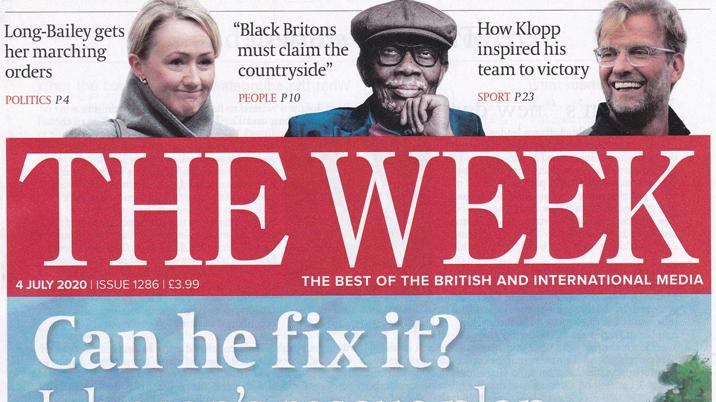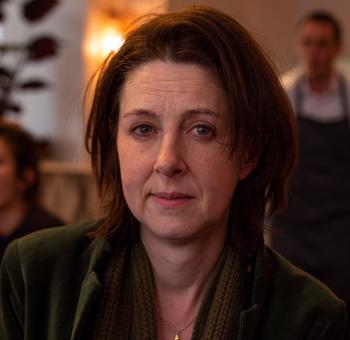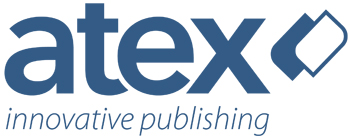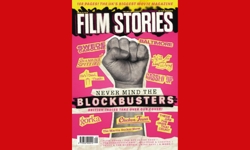
Editor-in-chief Caroline Law recalls how the late Felix Dennis, who despite being something of a maverick, was “very conservative when it came to The Week. He didn’t want it to ever change… he didn’t ever want to interfere with it apart from wanting to stop it changing.”
The magazine, which has a strapline of ‘all you need to know about everything that matters’, celebrated its 25th birthday in May.
For those few who are unfamiliar with The Week, it’s a news weekly where all the content is drawn from other newspapers and magazines. That might make it sound a little second-hand, but it’s far from being a copy and paste job. Indeed, it’s a sublime master-class in curation.

Each week, the press is scoured, the main stories agreed upon, and then the most insightful comment and analysis about those stories is pulled from the media and expertly woven into a fresh narrative. All the sources are duly credited and no attempt is made to pass the work off as their own. The magazine does not attempt to cover everything, just, as the strapline says, the “stuff that matters”.
It brilliantly fulfilled people’s natural desire to be kept informed. Time-poor people needed someone they could trust to do the spade work of keeping abreast of all the news, to decide what the important stories were and tell them what they needed to know about them. The fact that it was a neat self-contained package of information that they could complete made it all the more appealing.
And… it was internet proof! Indeed, the sheer volume of new online information sources only served to reinforce its appeal. The greater the tsunami of information, the greater the need for a trusted guide to help navigate through it, to make sense of it all.
The greater the tsunami of information, the greater the need for a trusted guide to help navigate through it.
Good company
I am reminded of one of those famous old posters for The Economist – “Would you like to sit next to you at dinner?” The implication being that if you were an Economist reader, you were well informed and good company. The same could equally be said for a Week reader.
I defy any regular Week reader not to be able to hold their own on the hot topic of the day. Take the thorny issues of whether to take down statues erected to Confederate generals in the US. Rewriting history or righting past wrongs? What to think?
In their 4th July issue, The Week carried a piece entitled ‘How to tell good statues from bad ones’ and gave us the viewpoint of the Washington Post’s Max Boot: “Yes, Robert E Lee was a brave man and a skilled leader, but so was Erwin Rommel and we haven’t got statues of him all over the US. We should rename all ten US army bases named after Confederate officers, and remove monuments to their cause, which were expressly erected to maintain support for segregation. It’s one thing to celebrate people despite their racism; it’s quite another to do so because of it.”
Brilliantly articulated by Max Boot, expertly selected by The Week and useful material for that next dinner party.
Central to the success of The Week’s model is trust. Readers rely on the editorial team to pick the stories and viewpoints that they need to know about. And that trust is earned and reinforced through delivering week in, week out.
The team works hard to avoid selection bias, treat issues fairly, although that doesn’t mean always having to, BBC-like, carry a countervailing view, and to deliver a serendipitous experience. During periods dominated by single issues, say Brexit or Covid-19, where readers often turn away from news outlets because of the unrelenting rancour and gloom, the Week’s editors are expert at finding angles and stories to distract and delight.
The ABC figures bear witness to the magazine’s enduring success. Its latest (pre-Covid) ABC of 141,722 is almost 80k higher than its 2000 ABC figure of 64,509.
The magazine is still overwhelmingly a print offering, despite the not-insignificant numbers of digital editions sold. Caroline is a passionate believer in print: “It’s something about holding a magazine and reading it that I think is very valuable and scrolling through news articles online is just not the same thing.”
Another thing that it has in common with The Economist is the lack of by-lines: “It’s not supposed to be about me,” says Caroline, “it’s about the journalists and I think it would be peculiar to attach our name to a piece that’s been made up of the hard work and brilliance of the British Press.”
Such humility is refreshing and slightly at odds with the view that editors need to be putting it about as the public face of a brand.
So what lessons are there for the rest of us in the success of The Week? Firstly, editorial passion, excellence, integrity and consistency are at the heart of The Week’s achievement, and most of us should be able to manage three of those. Secondly, it’s an outstandingly good product that fulfils a need. That one’s harder, but is ultimately what anyone who’s serious about publishing should aspire to.

You can hear Caroline Law being interviewed by Ciar Byrne on a recent episode of The InPublishing Podcast, which was sponsored by Atex, a provider of software solutions for the media industry.
This article was first published in InPublishing magazine. If you would like to be added to the free mailing list, please register here.












